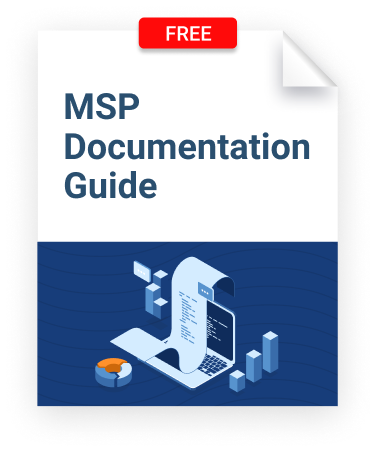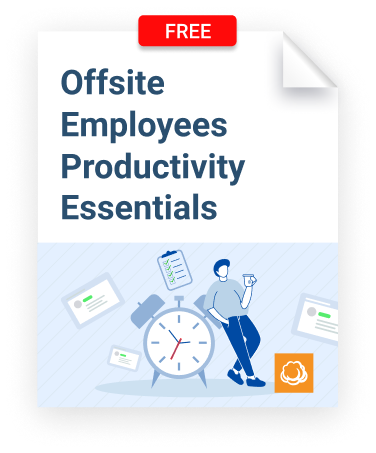Some managed IT services leaders tend to treat their staff members as disposable assets, leaving no place for creativity and personal growth. Indeed, they will tell you, the workplace is no place for games, and orders should not be discussed.
However, this point of view leads to low levels of motivation and engagement, and high employee turnover. Your team is your main business asset, both the most important and the most expensive, and you should grow and lead it with care. If you give your staff room for growth and creativity and let them know that their ideas are valuable and will be heard, you will see an inevitable growth in productivity.
In this article, we will discuss why you should establish a creative corporate culture, define the ways your team can fuel your business, and provide you with some statistics about employee motivation.
Employee Engagement Statistics
We will begin with the statistics that show the importance of employee engagement.
- McLean & Company estimate that disengaged and unmotivated employees perform 34% worse and have a higher chance of absenteeism, which translates into an approximate cost of $3,400 in wasted dollars for every $10,000 in annual salary.
- According to Interact, the number 1 complaint of 63% of US workers is lack of appreciation by their management.
- A study of the engagement level of 50,000 employees by the Corporate Leadership Council shows that engaged companies grow profit up to three times faster than their competition and that highly engaged employees are 87% less likely to leave their organization.
All that clearly shows that an engaged, motivated, and listened-to team can become the main driver of your MSP business’s growth.
Further reading Guide to MSP Employee Retention
Corporate Culture Development
The right corporate culture motivates your staff to engage with one another and gives them room for innovation. They will learn at their workplace and be keen to share their ideas for improving your business. So what should you do to make them feel like an integral part of your business?
- Build credibility. First and foremost, you must listen to your staff and value their opinion.
- Create a career path. Some people get frustrated when they don't know what to expect at their workplace.
- Promote open communication. Employees should openly contact each other, and you, as their leader.
- Tell them about your vision. Your team should know about your strategy, goals, and vision in order to feel involved.
How Your Team Can Help You
So, how exactly can your team boost your business? Here are the main ideas:
- Improve business processes. A happy team will work more effectively. It's as easy as that.
- Share their expertise. Your team members might have the expertise they want to share. Or they will develop such expertise to help you boost the business.
- Help newcomers. When your team is engaged, its members will happily help any new team members to get engaged faster, too. You won't need a mentoring system in place when each staff member is a mentor.
- Help with documentation. Ask your team to help you write and review internal and customer-facing documentation.

Gather Feedback and Engage Regularly
You need to clearly understand what your team thinks about their work and the business they help to build.
- Collect feedback regularly. Ask your staff if they are happy with the conditions at the workplace. Perform regular surveys and meetings where anyone from the team can freely speak up.
- Create a suggestion box. This will give your employees an opportunity to talk to you openly, and leave suggestions about anything, starting with processes and up to the motivation program. Let them know that they can leave anonymous messages, so they won't be afraid to criticize you.
- Don't restrict innovation. Conduct regular meetings where you will discuss your processes and how they can be fine-tuned. Your team will appreciate your willingness to know about their ideas.
- Encourage new ideas. Create an incentive program for the best ideas and the best performance at the workplace.
Conclusion
The chances are that you previously had a corporate career before you started your MSP. Any corporate professional knows that feeling when you get home after a stressful day at work: you feel disconnected, worthless, and powerless. At the same time, after a successful day at work, you feel motivated, emotional, and successful. Now, since you have become the leader of your own business, it's in your power to create a conducive atmosphere at the workplace.
Remember, it's not only healthy for your business but also healthy for your staff – the people that have chosen you as their leader.







